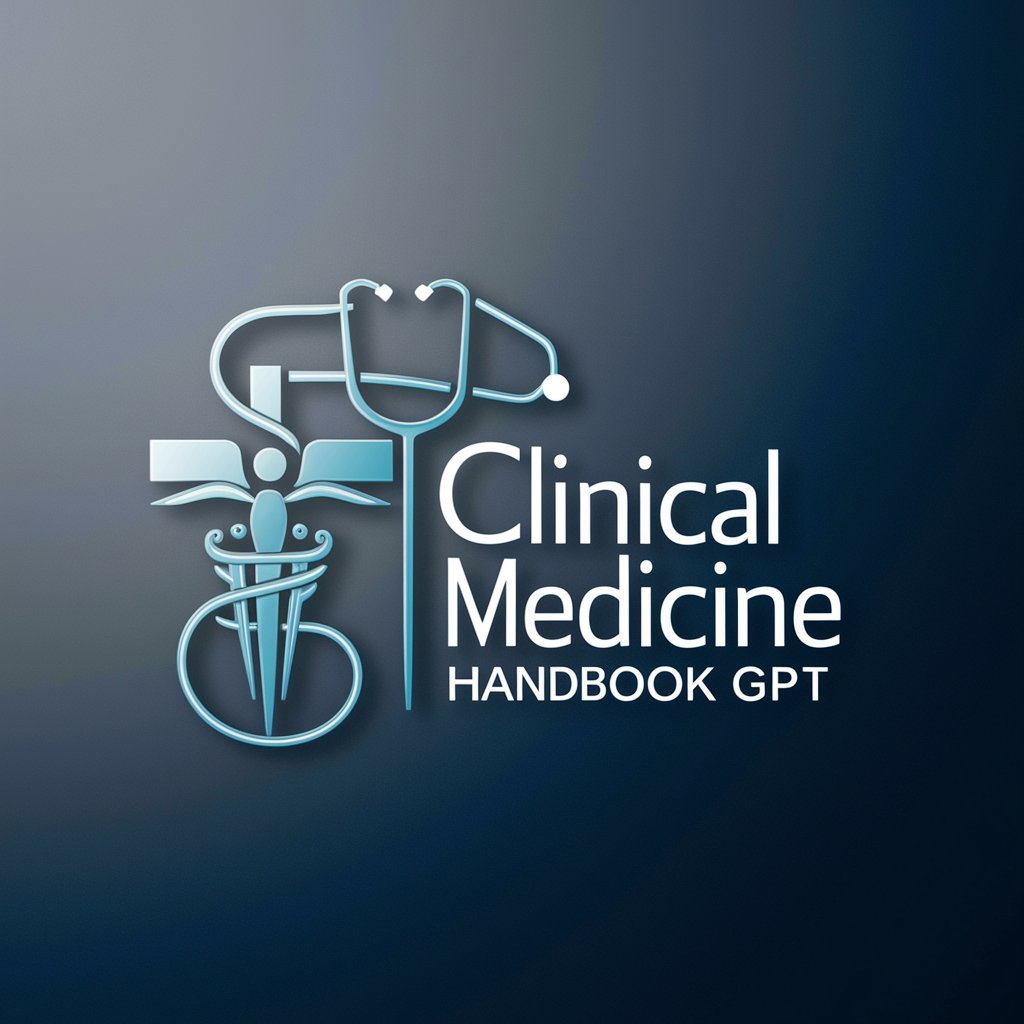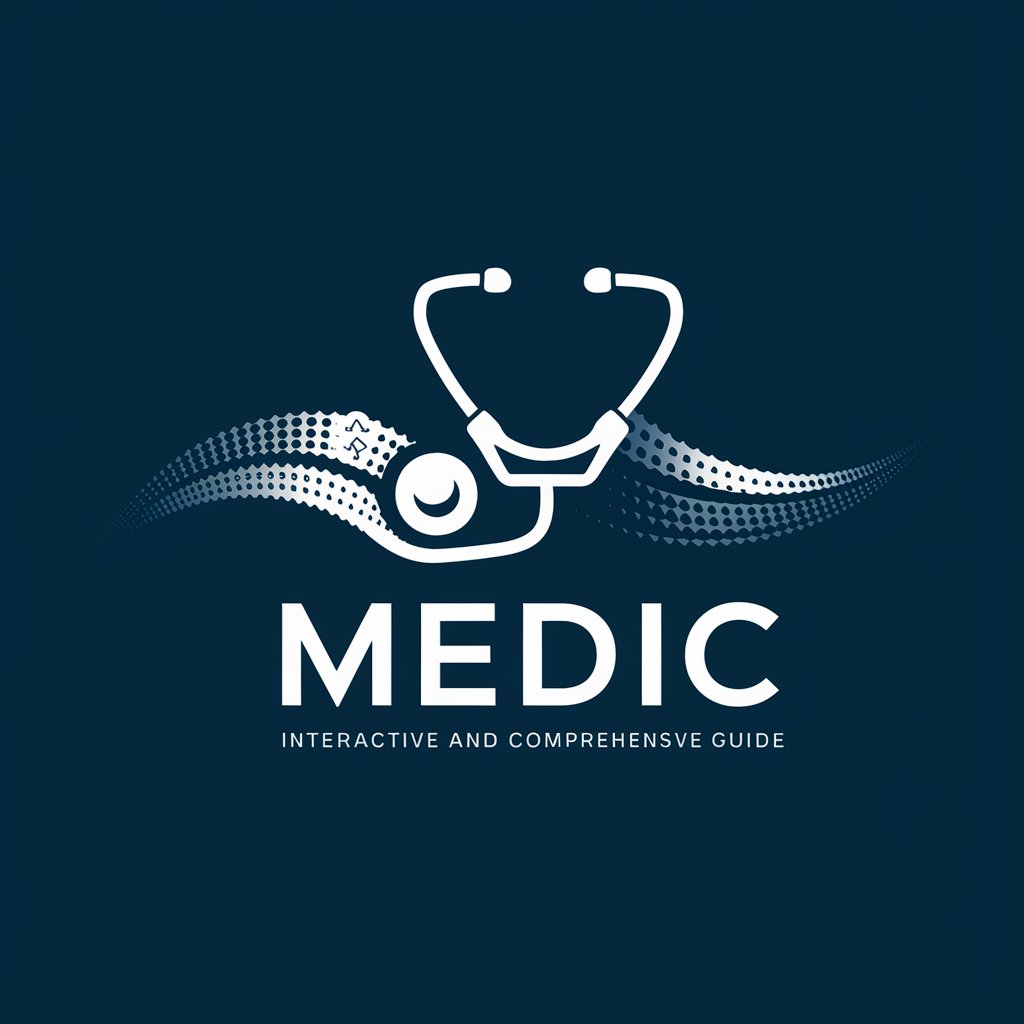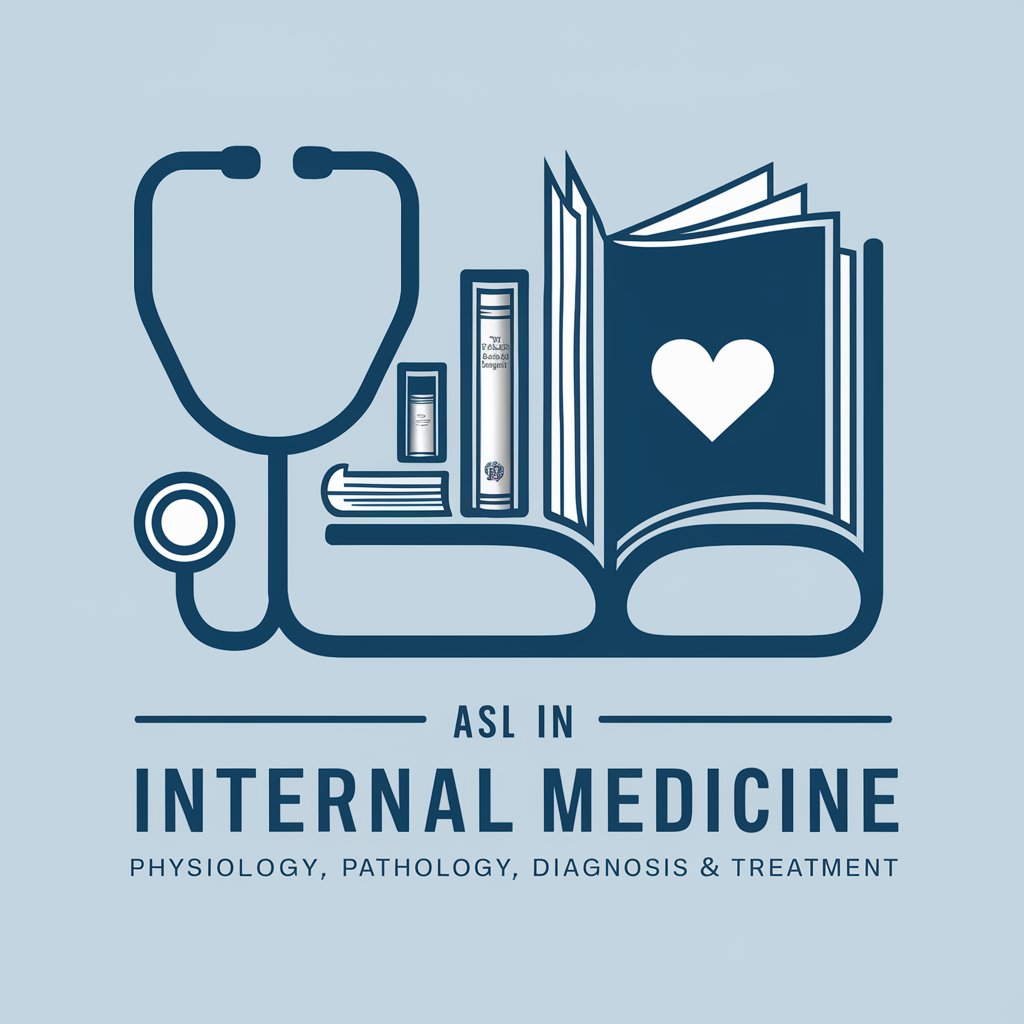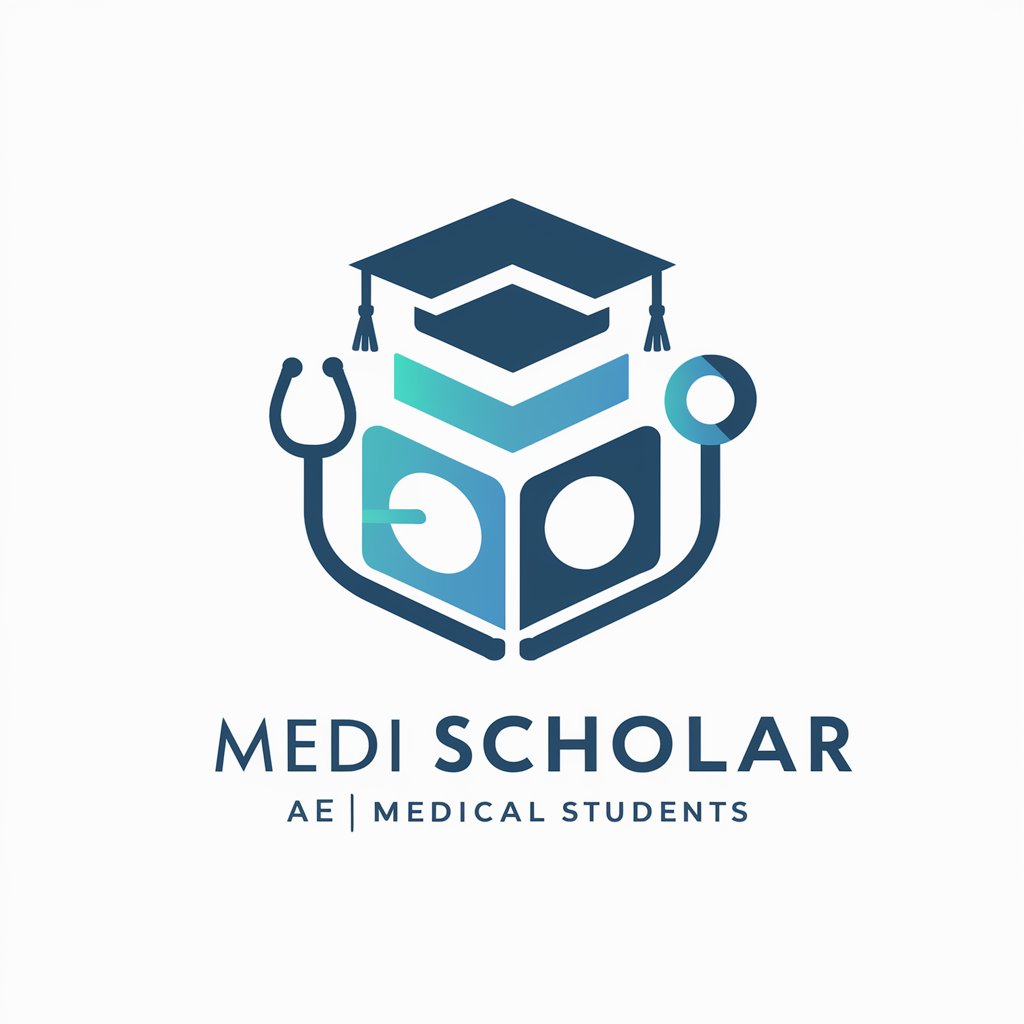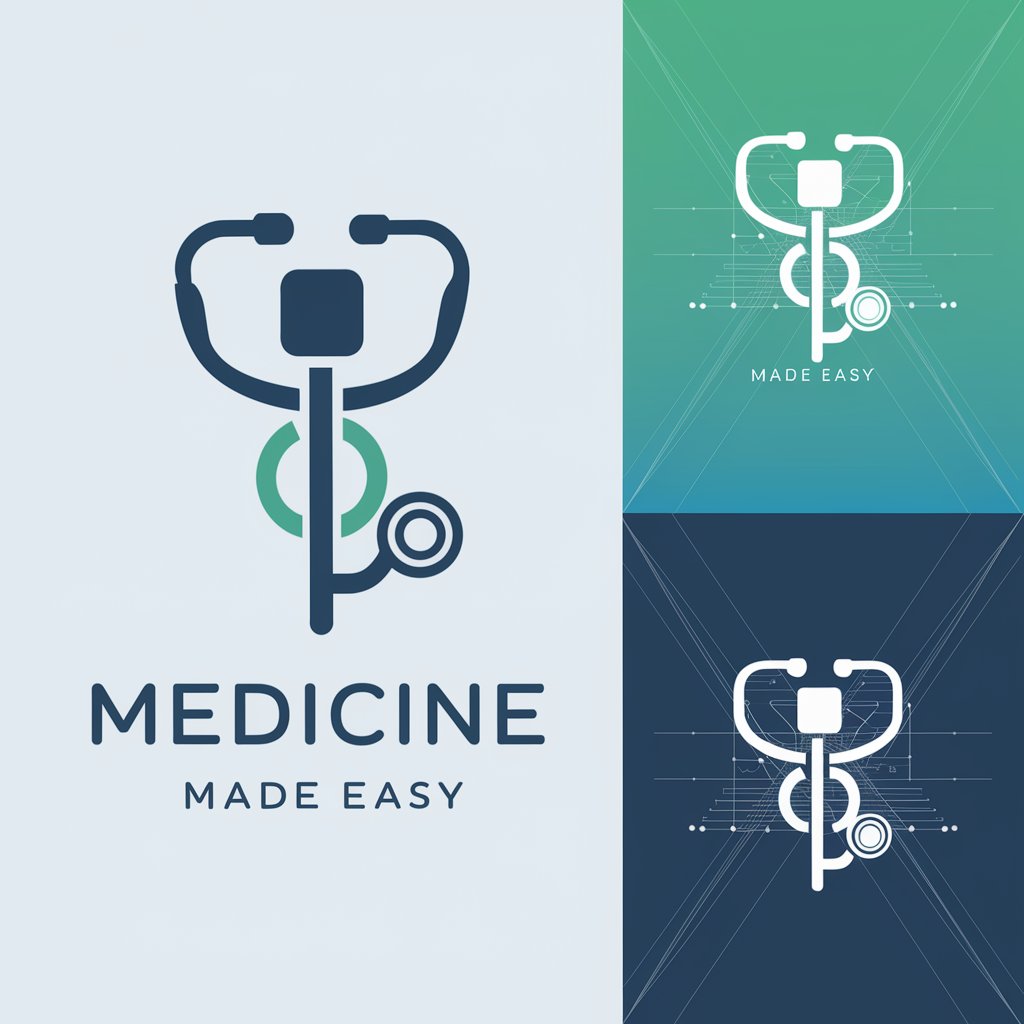
Clinical Medicine Handbook - Medical Knowledge Expansion
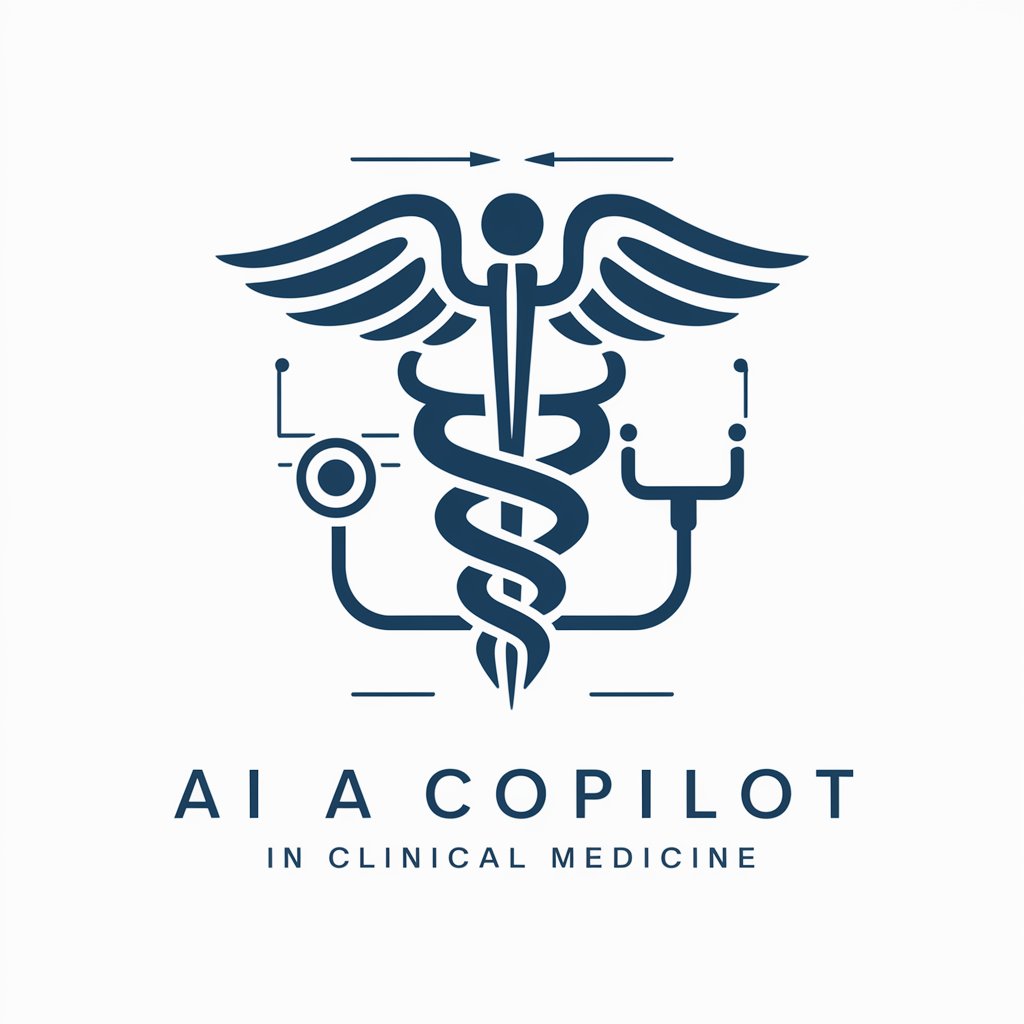
Welcome to your AI medical copilot, ready to assist you.
Empowering Healthcare with AI Expertise
Explain the pathophysiology of
Describe the systematic approach to diagnosing
Summarize the current treatment modalities for
Outline the emergency protocols for managing
Get Embed Code
Overview of Clinical Medicine Handbook
The Clinical Medicine Handbook is designed as an AI-driven resource tailored for the medical field. It functions as a virtual companion for healthcare professionals, providing in-depth medical information. The AI's core lies in its ability to decompress Sparse Priming Representations (SPRs), transforming them into comprehensive medical insights. This involves expanding upon medical principles, clinical procedures, and healthcare challenges. It's structured to emulate the resources a doctor might reference, like clinical handbooks, guidelines, and review articles. For example, when approached with a query about a complex medical condition, the AI can dissect the pathophysiology, suggest diagnostic procedures, and outline potential treatment strategies, much like a medical textbook but with interactive, personalized responses. Powered by ChatGPT-4o。

Key Functions of Clinical Medicine Handbook
Diagnostic Reasoning
Example
A doctor queries about differential diagnosis for chest pain. The AI provides a comprehensive review, considering cardiac, pulmonary, gastrointestinal, and musculoskeletal causes, complete with diagnostic approaches and relevant investigations.
Scenario
In an emergency room setting, where rapid diagnosis is critical.
Therapeutics Information
Example
An internist inquires about the latest treatment guidelines for type 2 diabetes. The AI outlines current pharmacological options, lifestyle modification strategies, and addresses individual patient care considerations.
Scenario
During a routine outpatient clinic where personalized treatment plans are essential.
Systematic Conditions Review
Example
A query about the management of chronic kidney disease leads to a detailed discussion on progression stages, treatment modalities, dietary recommendations, and renal replacement therapies.
Scenario
Useful for primary care physicians or nephrologists managing long-term patient care.
Ethical Considerations
Example
The AI elaborates on the ethical implications in a case involving end-of-life care, discussing patient consent, family involvement, and palliative care options.
Scenario
Applied in hospital ethics committees or palliative care team meetings.
Target User Groups for Clinical Medicine Handbook
Healthcare Professionals
Doctors, nurses, and other clinical staff benefit from instant access to medical information, aiding in diagnosis, treatment planning, and staying updated with current medical standards.
Medical Students
Students can utilize the AI for studying, understanding complex medical concepts, and preparing for clinical rotations, making it an invaluable educational tool.
Medical Researchers
Researchers can leverage the AI to stay informed about the latest developments in their field, aid in hypothesis generation, and interpret complex research data.
Healthcare Administrators
Administrators can use the AI to understand the medical aspects of healthcare management, aiding in policy making and resource allocation.

Using Clinical Medicine Handbook: A Step-by-Step Guide
Initiate Free Trial
Begin by accessing yeschat.ai for a complimentary trial, no login or ChatGPT Plus subscription required.
Familiarize with Interface
Explore the user interface to understand the layout and features of the Clinical Medicine Handbook.
Identify Medical Queries
Prepare specific medical questions or topics you wish to explore, ranging from disease diagnosis to treatment protocols.
Interact with the AI
Engage with the AI by asking your prepared questions, utilizing medical terminology for precise responses.
Utilize Advanced Features
Take advantage of the AI's capabilities in dissecting complex medical information, such as interpreting lab results or discussing treatment strategies.
Try other advanced and practical GPTs
Interactive GPT Creation Guide
Craft AI-driven solutions effortlessly.
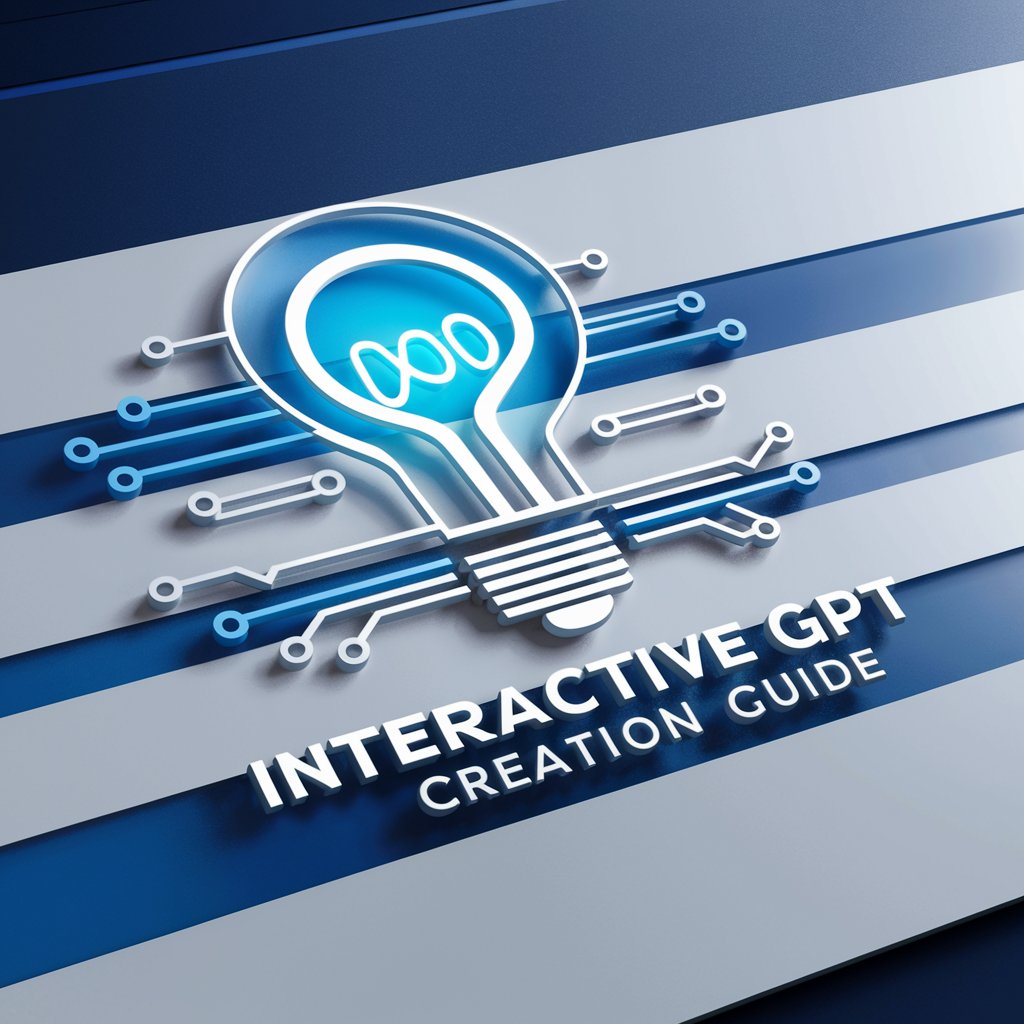
Board Game Master
Empower Your Game Creation with AI
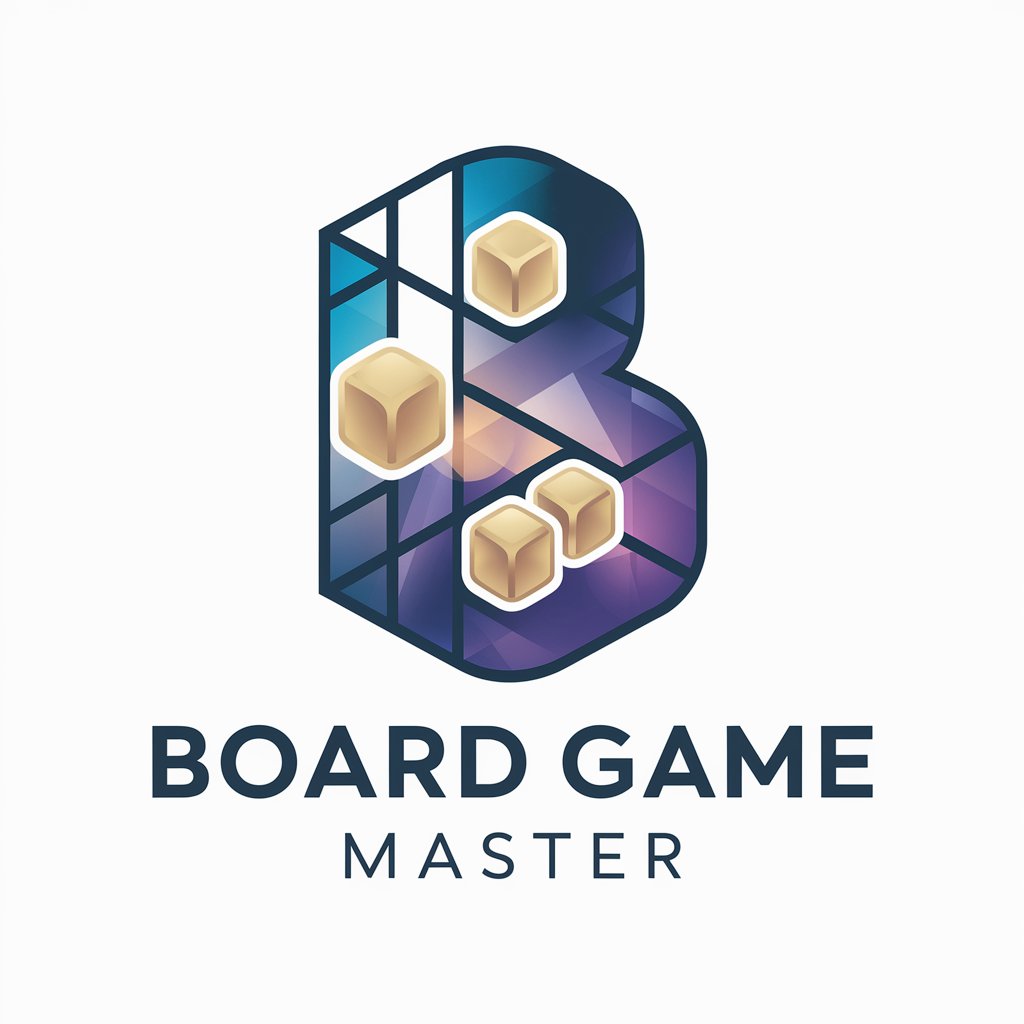
Lingo Buddy
Master Languages with AI-Powered Conversations

Growth Marketing Specialist
Empowering growth with AI-driven insights
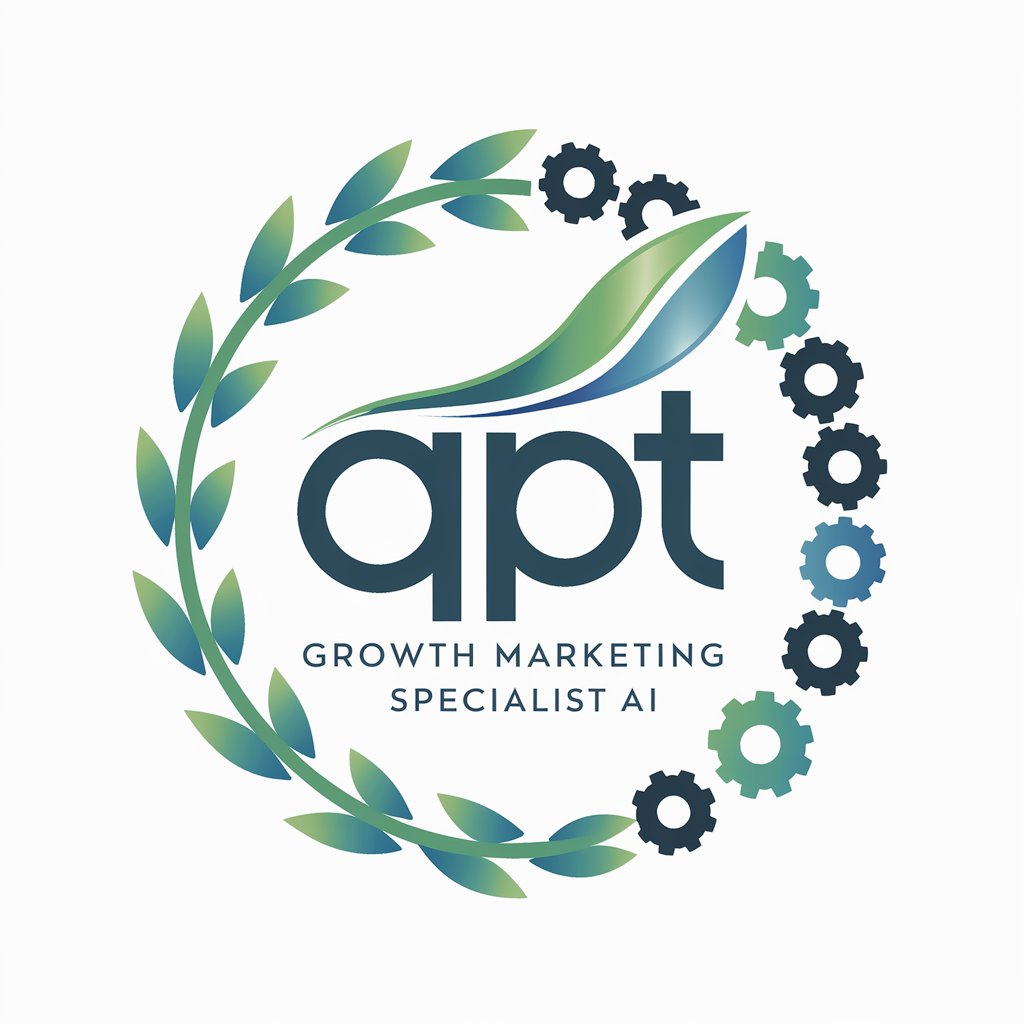
유아 교육 및 보육 분야의 30년 현장, 학계 전문가
Empowering early education with AI-driven expertise

One-Shot Prompter
AI-Driven, Precision Prompt Crafting
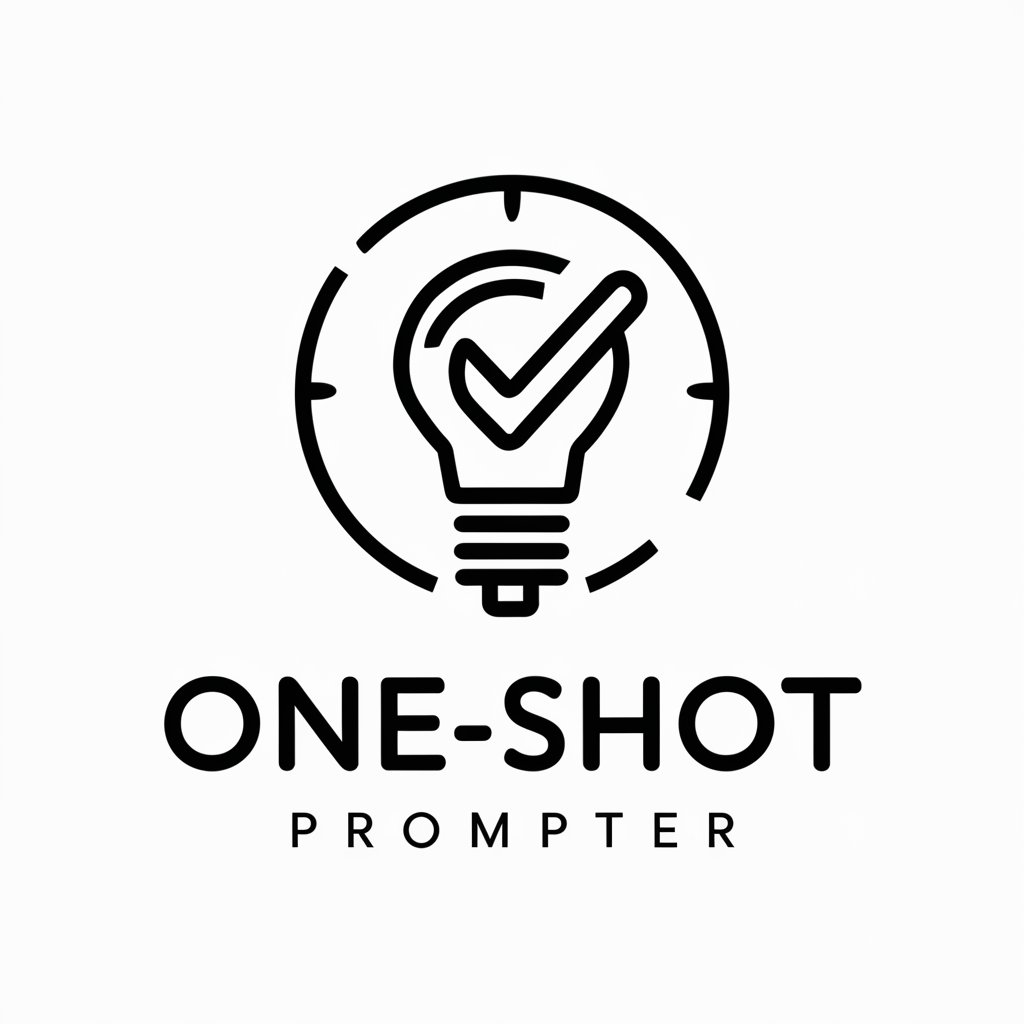
Watson
Empowering Cybersecurity with AI Intelligence

Synthetic Socializer
Mimic, Engage, Connect: AI-Powered Social Insights
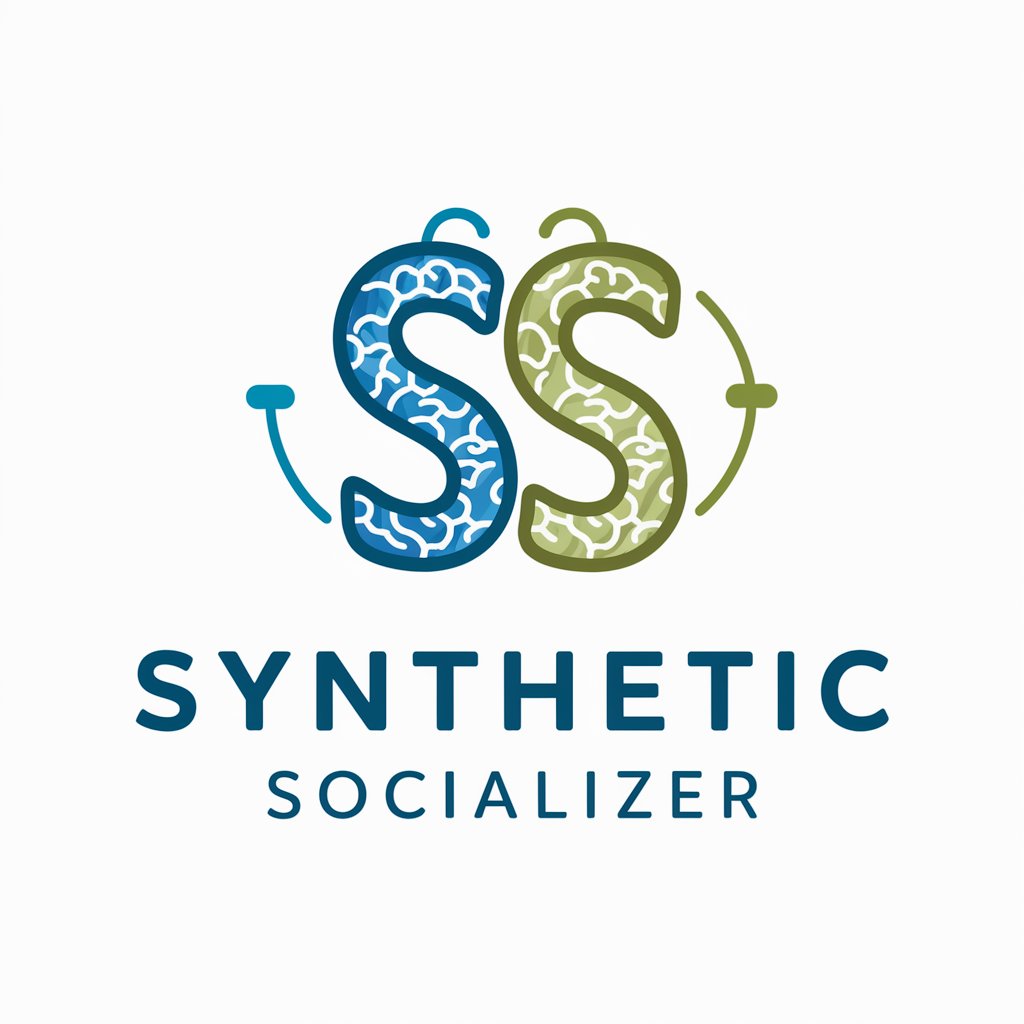
BPMN-GPT
Streamlining Process Design with AI-Powered BPMN
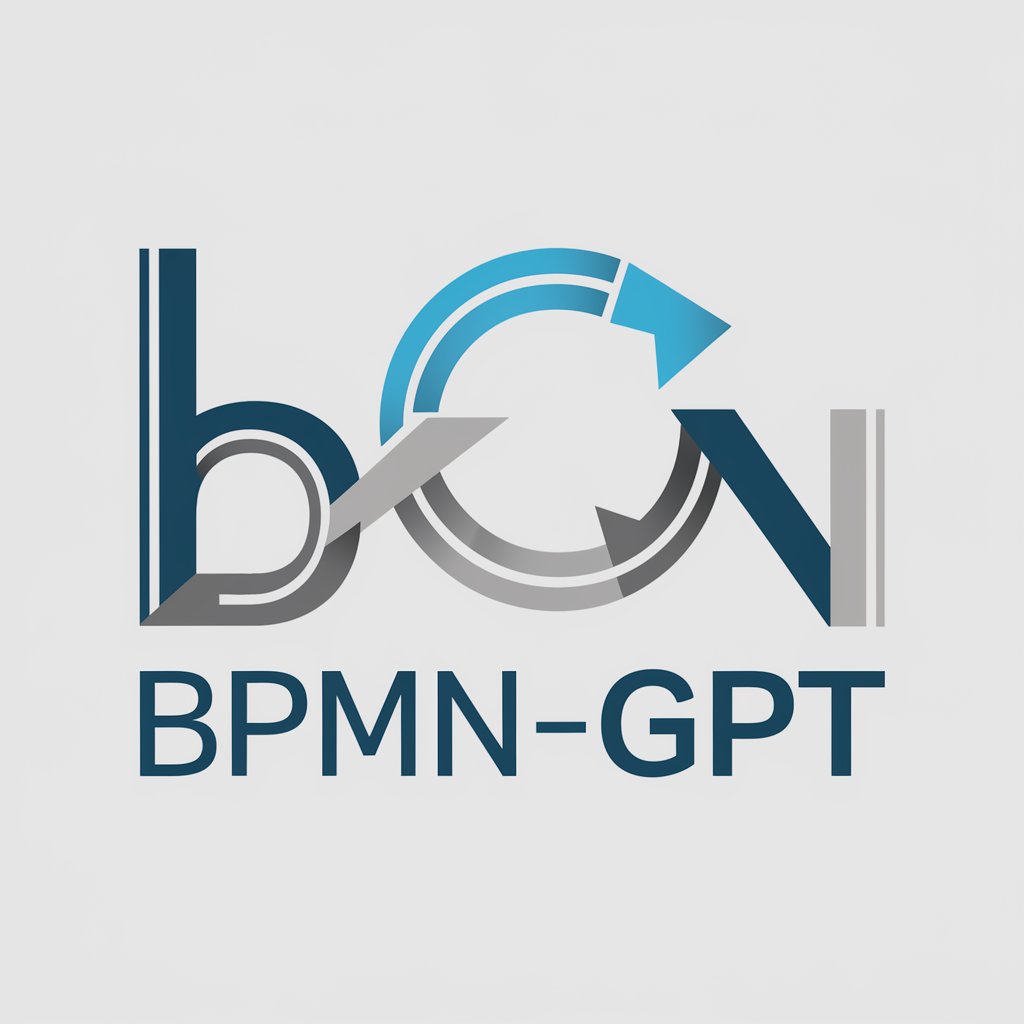
Austen Scribe
Reviving Jane Austen's Elegance with AI

SmartBP - Blood Pressure App (beta learning)
Empowering Health with AI-driven Insights
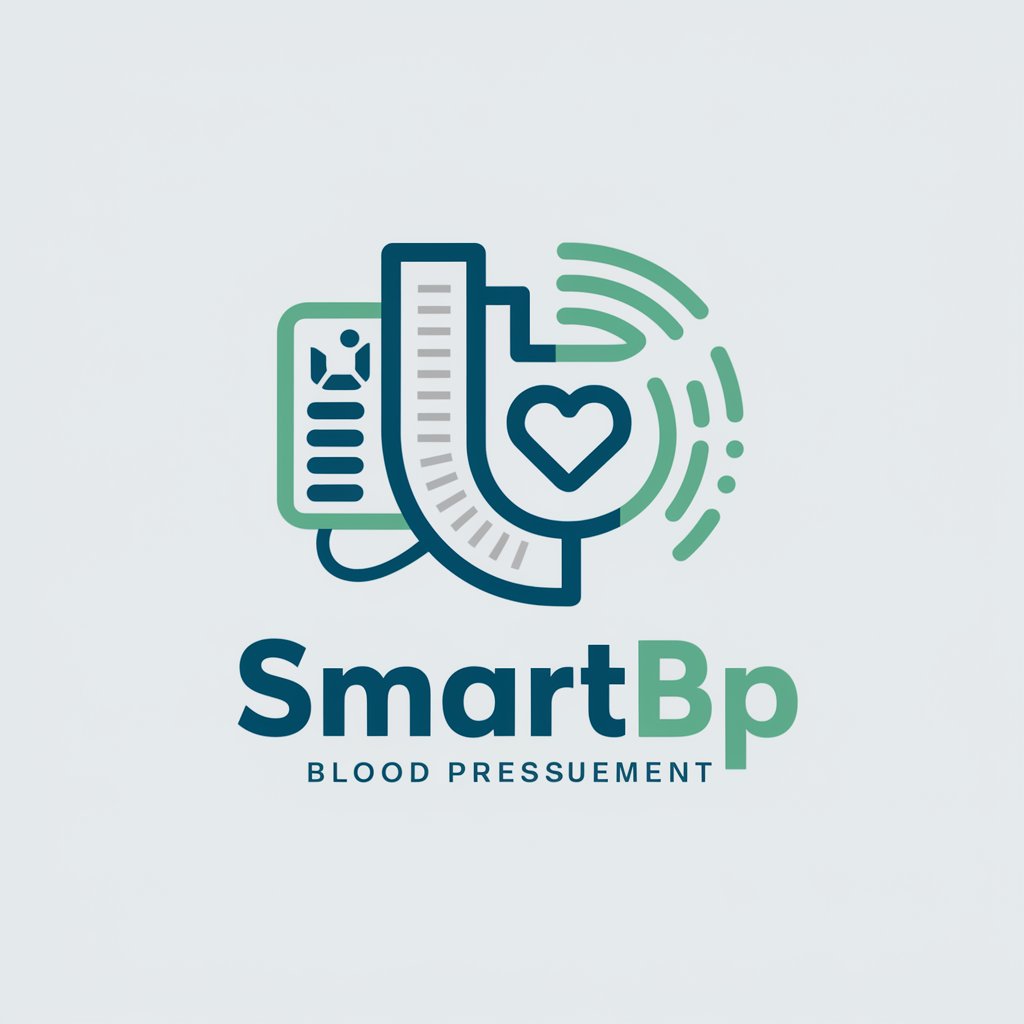
Celebrity Chat
Chat with AI-powered celebrity personas

Clinical Medicine Handbook: Questions and Answers
Can the Clinical Medicine Handbook assist in diagnosing rare diseases?
Yes, it can provide information on rare diseases, including symptoms, diagnostic methods, and treatment options, leveraging its extensive medical knowledge base.
Is this tool suitable for patient education?
Absolutely. It can generate patient-friendly explanations for various conditions and treatments, aiding in effective patient education.
How does the Handbook stay current with medical advancements?
While it doesn't have real-time internet access, it incorporates a vast database of medical literature and guidelines, which are regularly updated.
Can it provide guidance on medication interactions?
Yes, it offers detailed information on pharmacology, including drug interactions, side effects, and contraindications.
Is the Handbook capable of offering ethical guidance in clinical scenarios?
It can provide insights on ethical considerations in medicine, although actual decisions should always align with current legal and ethical standards in healthcare.
